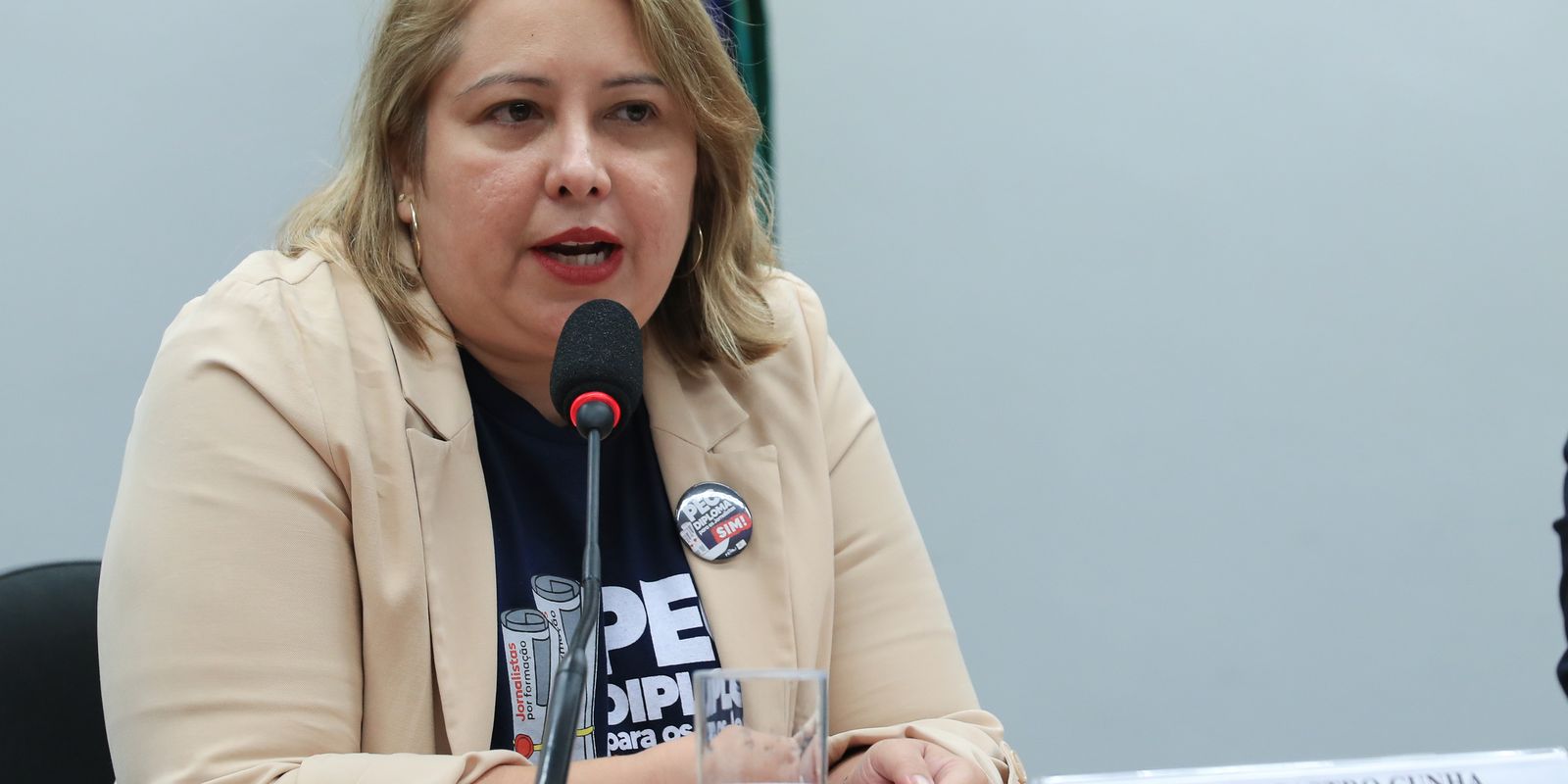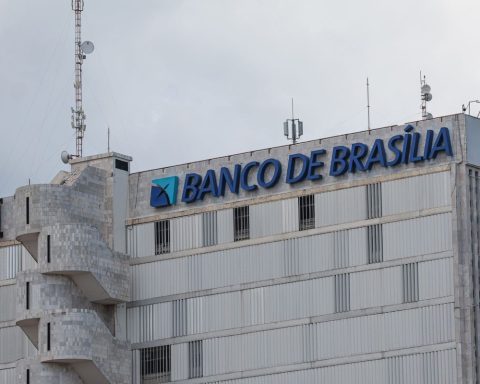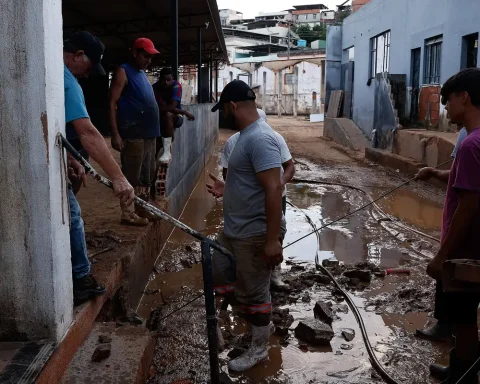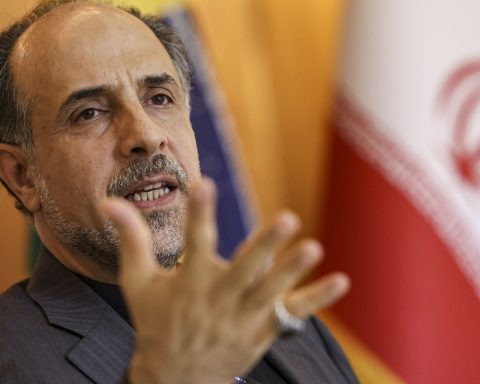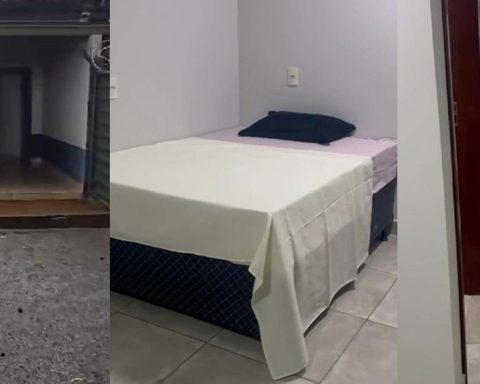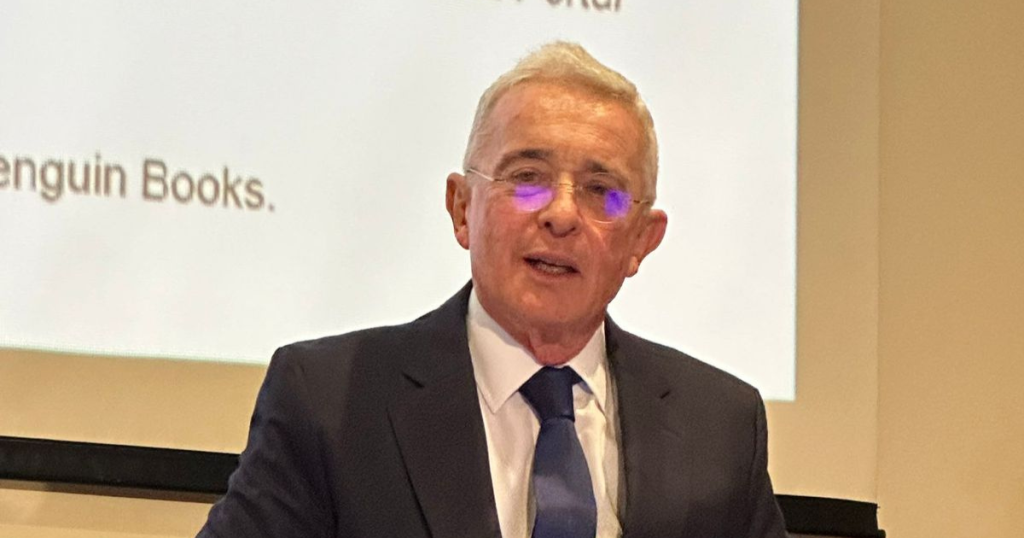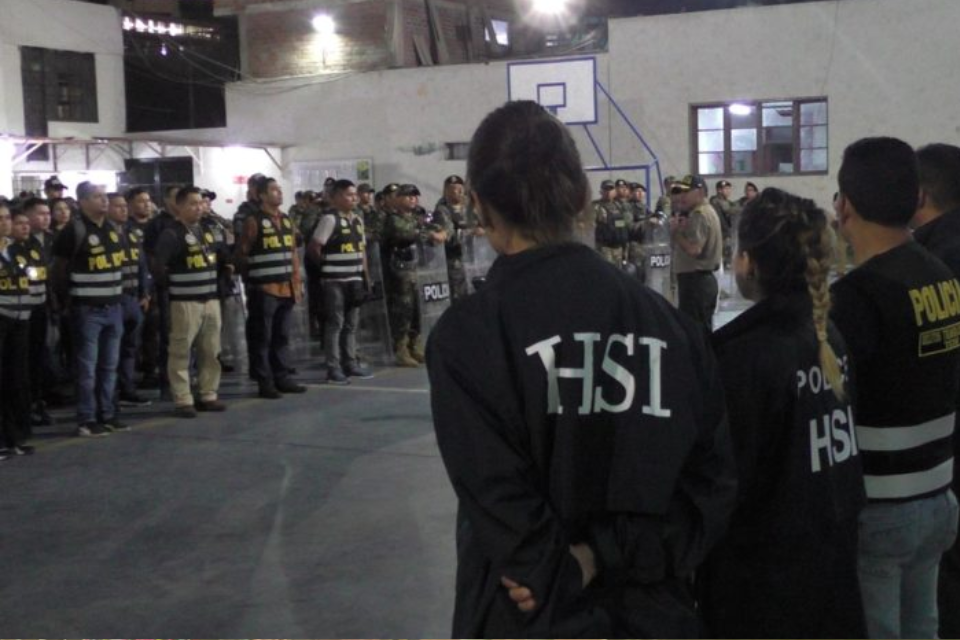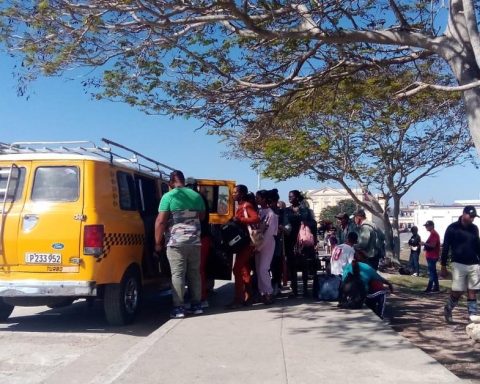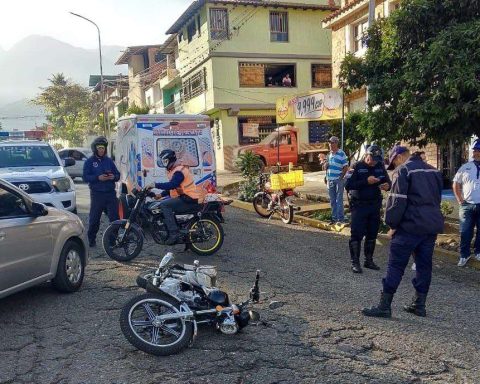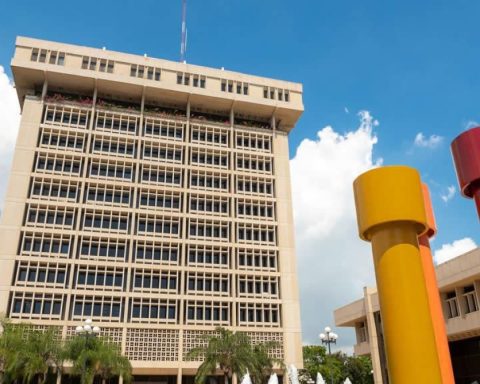Journalism has gained a tool that, if it achieves its objectives, will result in guarantees for the good exercise of the profession, especially in situations of violence against those who fulfill their role in informing.
In addition to monitoring and creating such an occurrence database, the violence against journalists will also serve as a dialogue channel between professionals and the state, including the elaboration of specific public policies and support for investigations.
The guidelines, composition, organization and operation of the observatory are foreseen in the Ordinance No. 116/2025published this week by the Ministry of Justice and Public Security, in the Official Gazette of the Union.
According to the National Secretariat of Justice (Senajus), the MJ body to which the Observatory is linked, it will have, among its objectives, to monitor occurrences, suggest public policies, support investigations and create a database with indicators about the cases.
The Observatory will consist of representatives of several secretariats of the portfolio, as well as 15 members of civil society with proven acting in defense of press freedom and in combating violence against communicators.
Fenaj
Among the entities that participated in the debates aimed at the creation is the National Federation of Journalists (Fenaj). According to the president of the entity, Samira de Castro, such as the Federal Council of Journalists, this is also an old demand of the category.
“From the first moment, the observatory was a demand for civil society linked to the field of journalism. The situation worsened a lot during the four years of the Bolsonaro government, culminating in the acts of January 8. That’s when we took an initial proposal to the then Minister of Justice Flávio Dino, ”explains the president of Fenaj.
According to Samira de Castro, during management at the head of MJ, Flávio Dino began the structuring of the observatory. “However, with your exit to the STF [Supremo Tribunal Federal]we had to leave the discussions practically from scratch with the new ministerial team. ”
Among the initial contributions made by civil society are the preparation of the Observatory’s Internal Regulations and the composition of its council.
Look
“The creation of the Observatory represents a look of the Brazilian State on the guarantee of the human right that is access to information. There has never been such a mechanism, with a look specifically focused not only on journalists, but for communicators and people who guarantee the right to access information to their communities, ”Samira told the Brazil agency.
The entry of the state in this cause, according to the journalist, is a very important fact, even to deal with bureaucratic issues of the profession, when it is necessary to confront the violence against journalists.
“Several entities linked to journalism, including Reporters Without Borders and Fenaj itself, follow up on the violence that is practiced against journalists. Our reports, however, have no role or weight of the state. This construction with civil society is a great differential. ”
Public policies
It emphasizes the possibility of, from the complaints brought to the Observatory, if it builds public policies specifically aimed at journalists, in order to ensure that they do the profession in their specificities in their best.
For Samira, it is also important for the protection of so -called popular communicators, who work in areas not directly linked to human rights, but also suffer threats. “This is the case, for example, reporters covering local policies within the country. Previously, this protection was restricted to those who worked directly in the area of human rights. ”
According to the Fenaj leader, the groups formed within the Observatory will also be aware of “the confusion caused by influencers and pseudo-jornalists”, referring to people who, without proper study and without a diploma in journalism, claim, for themselves, the profession.
“This intensified after the Supreme Court considered the academic formation in journalism unnecessary. Fenaj has always defended professionalization, of course that also paying attention to popular communicators, when they produce material close to journalism, helping their community to have access to relevant information, ”he added.
For Fenaj, the removal of the obligation of academic diploma for the exercise of the profession has direct influence on the trivialization of a necessary and strategic professional activity for society.
She recalls that the president of the Supreme Court, Minister Luís Roberto Barroso, has stated that Brazil never needed a qualified press so much, and that this finding came after the STF itself removed the minimum criterion for the exercise of the profession.
“We need to resume this discussion urgently, amid so many social networking profiles that call themselves journalists, emitting all kinds of disqualified opinions at all times,” he argued.
Fenaj’s president explains that, to act in the opinionated genre, journalists need to be minimally based, listening to experts, and can not be guided by common sense or the achievements.
“Other actors do not even stand for the reality of the fact to make opinion. They give their opinion without basement on issues that are important to society. Lives can also be put at risk because of this. Not to mention the criminal practices committed by them when they preach religious intolerance, racism, LGBTFobia, ”he said.
Legal fact
Faced with this scenario, Fenaj has sought to approach the STF ministers in order to make a repositioning of the diploma possible. “At the time the Supreme Court made the decision, there were no social networking platforms with such range and influence. This is a new fact that, in itself, justifies the resumption and revision of the judgment, ”he argued.
“We currently live an extremely contaminated scenario where they practice what I call pseudojournalism. The Observatory will have objective criteria of action in relation to this type of situation as well, but based on references of the academy, which will also compose working groups of the observatory, ”added the leader referring to the members of the Observatory, who will have, in Its composition, public counselors, civil society and representatives of ministries such as justice, human rights, racial equality and women.
